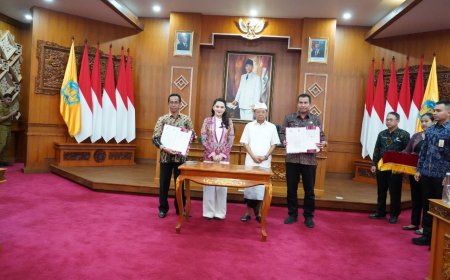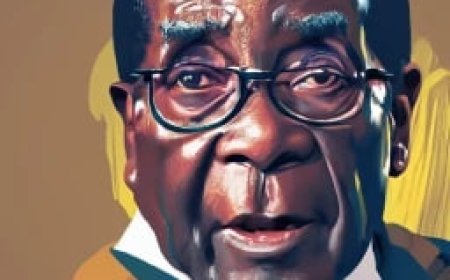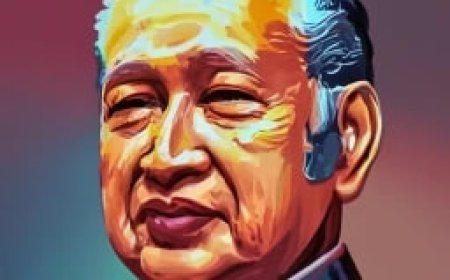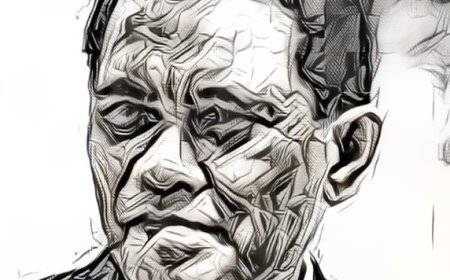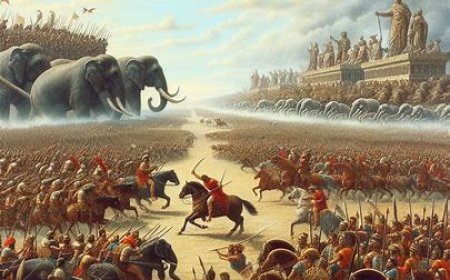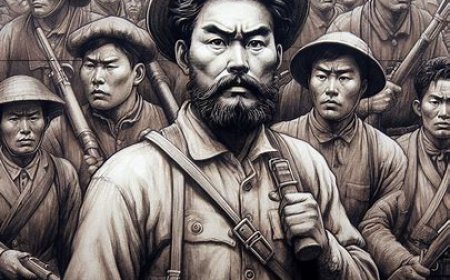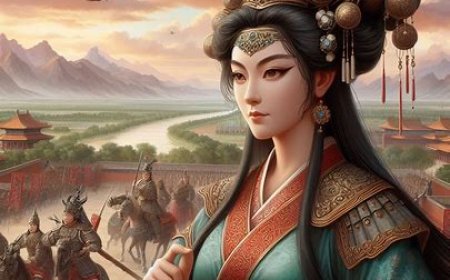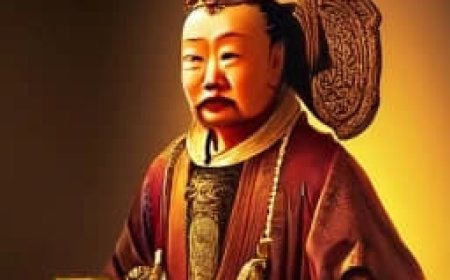People Rising: The Story of the Tunisian Revolution and Political Change
These principles reflect the aspirations of Tunisian society to create a fairer, more democratic, and free order after the overthrow of the authoritarian regime. The Tunisian Revolution became an inspiration for democratic movements across the Arab world, sending a significant message about the power of people's aspirations in shaping their own political destiny.

The Tunisian Revolution in 2011 was a historic event that brought profound changes to the political and social landscape of the region. The catalyst for this revolution was a mass protest triggered by the people's anger over high unemployment rates, dissatisfaction with corruption within the government of Zine El Abidine Ben Ali, and demands for political freedom. The protests began in December 2010 after Mohamed Bouazizi, a street vendor, set himself on fire in protest against the police confiscating his merchandise. This act of protest sparked widespread demonstrations across Tunisia.
The escalating demonstrations and protests succeeded in forcing President Ben Ali to flee on January 14, 2011, after ruling for 23 years. The success of toppling Ben Ali's regime in Tunisia inspired protest movements in other Arab countries, ultimately known as the "Arab Spring." Civil society, including student groups, human rights activists, and various elements from different layers of society, played a crucial role in steering Tunisia toward political change.
Here are some core principles as the main values of the struggle in the Tunisian Revolution:
1. Democracy
The primary aspiration of the revolution was to create a more democratic political system. Protesters demanded broader political participation, transparency, and basic rights such as freedom of expression and assembly.
2. Human Rights
The Tunisian Revolution fueled demands for better respect for human rights. Protesters opposed the abuse of power, torture, and arbitrary arrests that often occurred under the previous regime.
3. Anti-Corruption
Widespread corruption within Zine El Abidine Ben Ali's government was one of the triggers for the revolution. The people demanded transparency, accountability, and decisive action against officials involved in corruption.
4. Economic Dissatisfaction
Unemployment and economic inequality were major issues. Protesters emphasized the need for more inclusive economic policies, fair wealth distribution, and better economic opportunities for all.
5. Civil Participation
The revolution involved active participation from various elements of civil society, including student groups, workers, human rights activists, and ordinary people. This principle underscores the importance of civil society's role in political and social change.
6. Tolerance and Pluralism
In efforts to build a more democratic society, values of tolerance and pluralism were emphasized. The Tunisian Revolution recognized its population's diversity and stressed the importance of respecting the rights and identities of all societal groups.
7. Education and Political Awareness
Political education and societal awareness became crucial factors in the revolution. A more educated society tends to be more actively engaged in the political process and better able to demand their rights.
8. Respect for Social Justice
Tunisian society emphasized the importance of social justice as a fundamental principle. They demanded equality, social welfare, and a more equitable distribution of resources.
9. Resistance to Repression
Protesters showed courage and resilience in the face of repression and violence from the previous regime. The principle of resisting oppression became a moral foundation for the movement.
These principles reflect the aspirations of Tunisian society to create a fairer, more democratic, and free order after the overthrow of the authoritarian regime. The Tunisian Revolution became an inspiration for democratic movements across the Arab world, sending a significant message about the power of people's aspirations in shaping their own political destiny.
The transitional government formed after Ben Ali's ousting sought to initiate democratization and reforms. General elections were held in October 2011, resulting in the formation of the Assembly of the Representatives of the People (ARP). Tunisia became a model for other countries in the region facing post-revolution political transitions.
While Tunisia experienced positive developments in terms of democracy, human rights, and economic development after the revolution, the country also faced challenges such as rising unemployment, economic inequality, and threats from extremist groups. The Tunisian Revolution remains a crucial turning point in history, marking a significant push for change in the Arab world and sparking debates about democracy, civil society participation, and human rights in the region.
(source: chatgpt)
What's Your Reaction?








